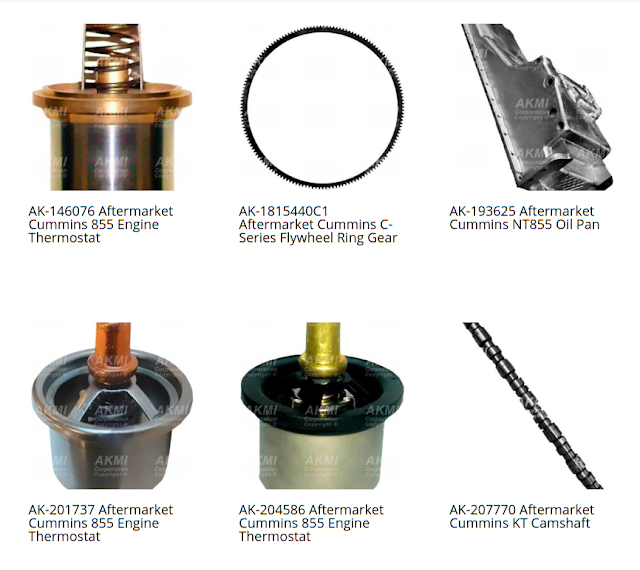The Vital Role of Aftermarket Oil Pumps in Vehicle Performance and Longevity
When it comes to vehicle maintenance and performance, one component that often goes underappreciated is the oil pump. The oil pump is the heart of your engine's lubrication system, ensuring that every moving part receives the right amount of oil to minimize friction and prevent wear. Aftermarket oil pumps are gaining popularity for their reliability, performance enhancements, and cost-effectiveness.
Understanding the Importance of Oil Pumps
The primary function of an oil pump is to circulate engine oil under pressure to the bearings, pistons, and camshaft. This lubrication reduces friction between metal parts, prevents overheating, and protects against corrosion. Without a properly functioning oil pump, an engine can suffer catastrophic damage, leading to costly repairs or even a complete engine replacement.
Why Choose Aftermarket Oil Pumps?
1. Cost-Effectiveness: One of the main reasons vehicle owners opt for aftermarket oil pumps is cost. Aftermarket parts are often less expensive than OEM parts, providing a budget-friendly option without compromising quality. This makes them an attractive choice for those looking to maintain their vehicles without breaking the bank.
2. Performance Enhancements: Many aftermarket oil pumps are designed with performance in mind. They can offer improved oil flow rates and better pressure regulation. This is particularly beneficial for high-performance or modified engines that require superior lubrication to handle increased stress and heat.
3. Availability and Variety: Aftermarket manufacturers produce a wide range of oil pumps to fit various vehicle makes and models. This extensive availability ensures that you can find the right pump for your specific vehicle, even if it is an older or less common model.
4. Innovation and Technology: Aftermarket parts often incorporate the latest technological advancements and innovations. Manufacturers in the aftermarket industry continually improve their products to offer better durability, efficiency, and performance.
Key Considerations When Choosing an Aftermarket Oil Pump
While aftermarket oil pumps offer numerous benefits, it is essential to choose the right one for your vehicle. Here are some factors to consider:
• Compatibility: Ensure the oil pump is compatible with your vehicle’s make, model, and engine type. An incompatible pump can lead to poor performance or even engine damage.
• Quality: Not all aftermarket parts are created equal. Research reputable brands and read reviews to find high-quality oil pumps. Look for products that meet or exceed OEM standards.
• Warranty: A good warranty can provide peace of mind. Many reputable aftermarket manufacturers offer warranties that guarantee their products against defects and premature failure.
Installation and Maintenance
Installing an aftermarket oil pumps should ideally be done by a professional mechanic, especially if you are not experienced with engine components. Proper installation is crucial to ensure optimal performance and longevity. Additionally, regular maintenance of your vehicle's lubrication system, including timely oil changes and using the correct type of oil, will help maximize the lifespan and efficiency of your new oil pump.
Conclusion
By choosing a high-quality aftermarket oil pump, you can ensure that your engine remains well-lubricated and protected, ultimately extending the life of your vehicle and maintaining its performance. Whether you are a daily driver or a performance enthusiast, considering aftermarket options for your oil pump needs can be a smart move.



.jpg)

Comments
Post a Comment